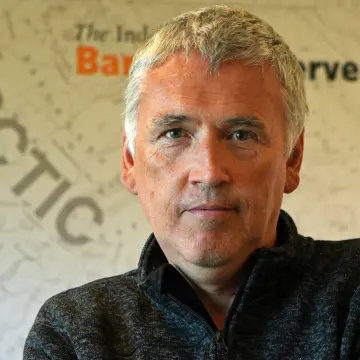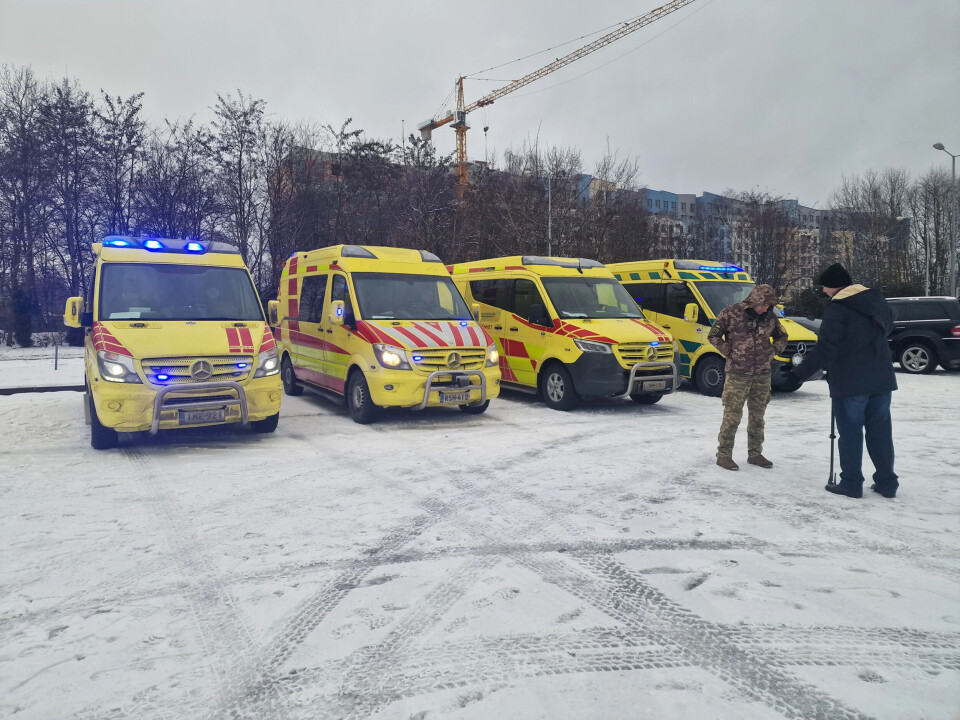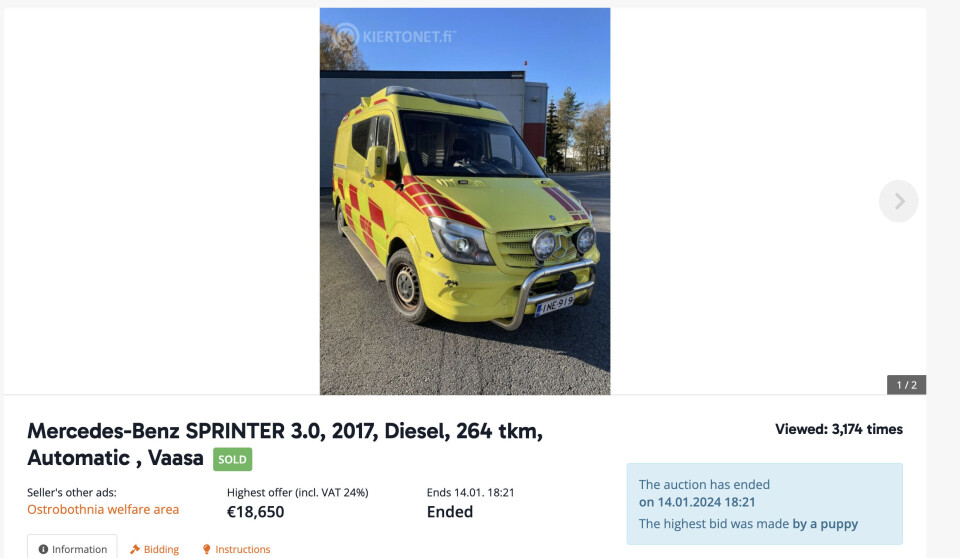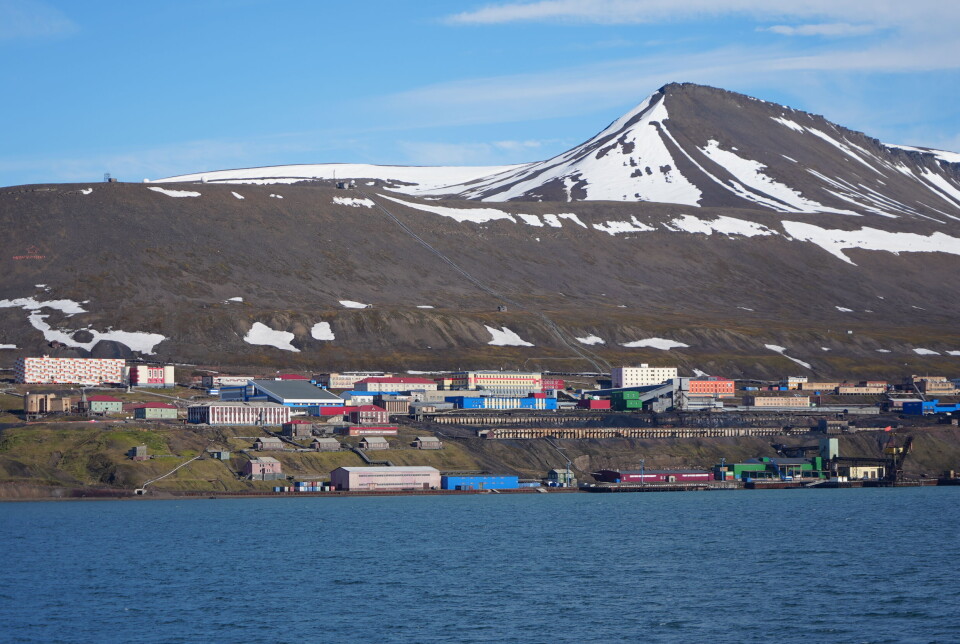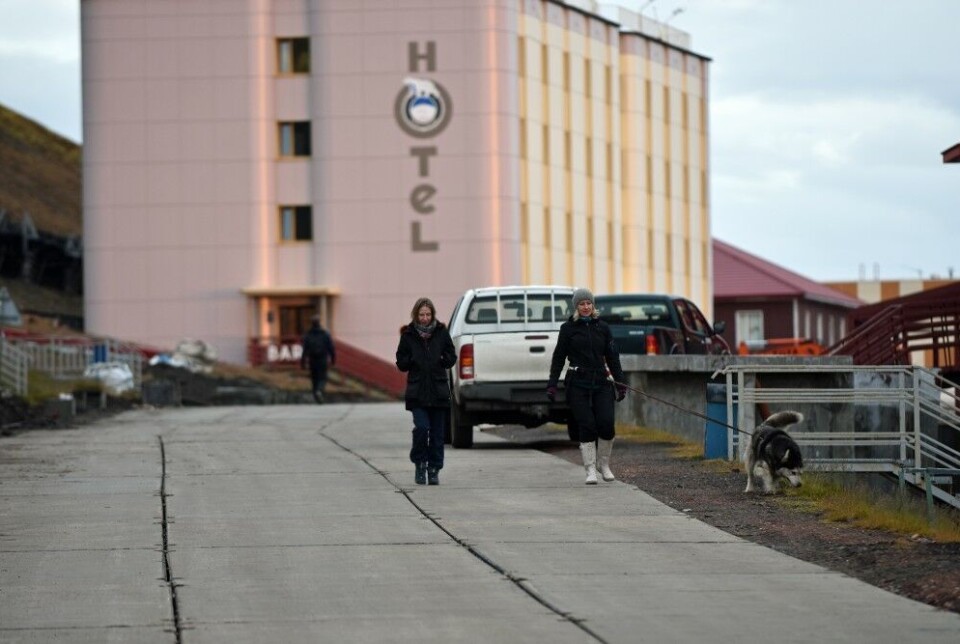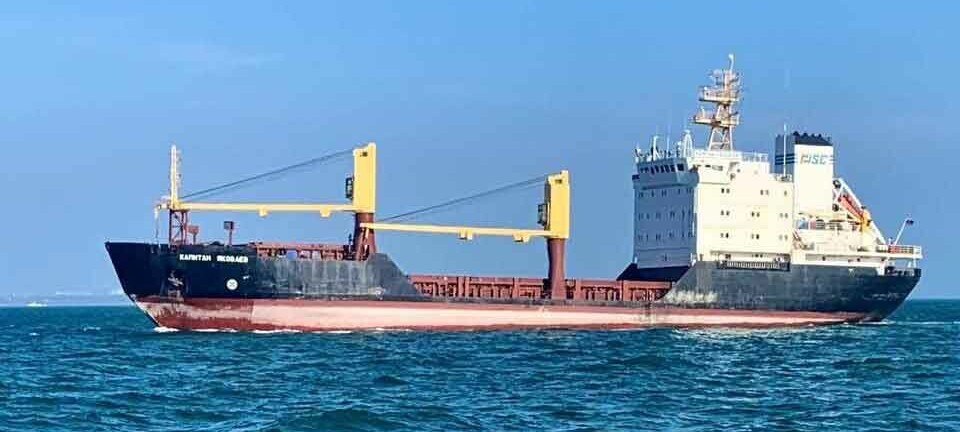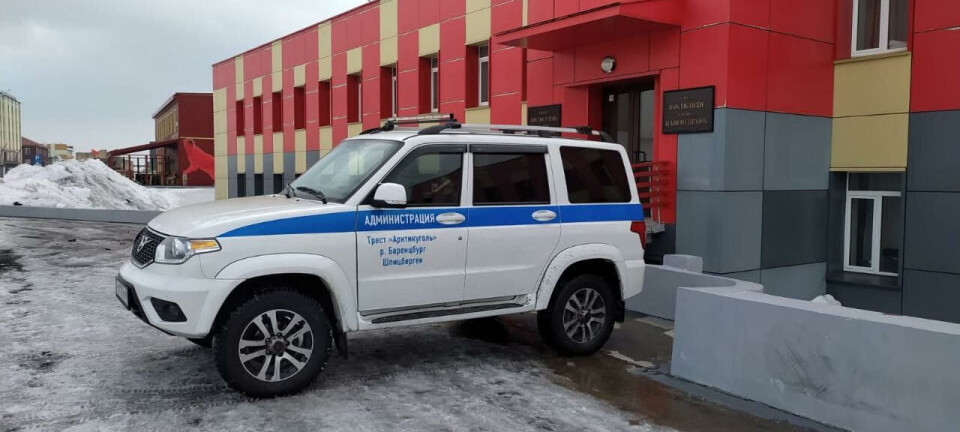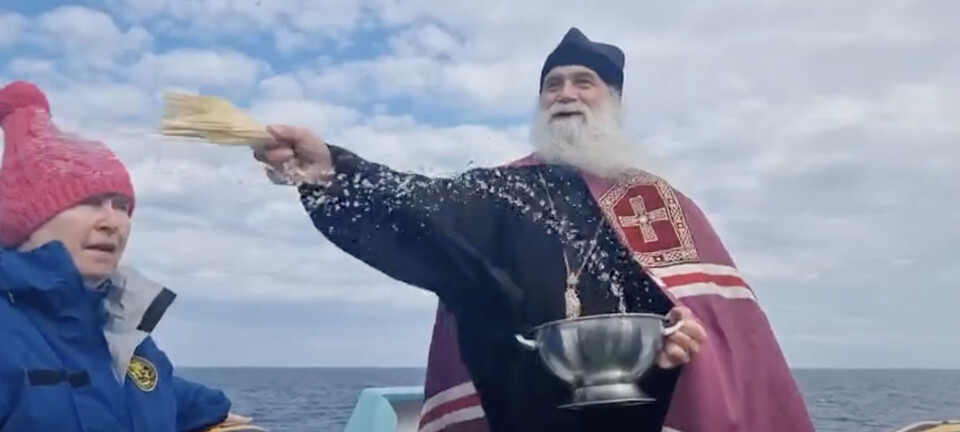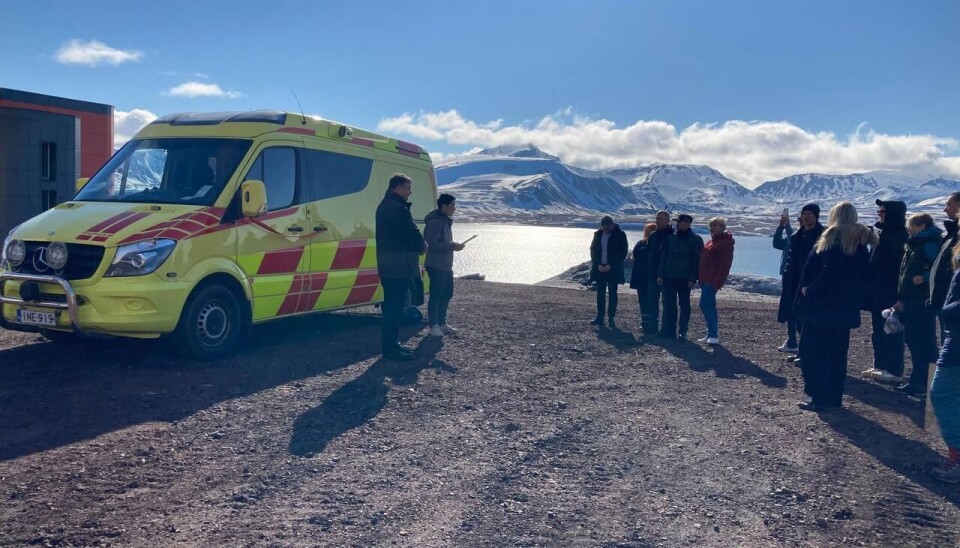
How an ambulance from Finland ended up with a Russian state firm on Svalbard
Last winter, four second-hand Finnish ambulances were purchased by a non-profit organisation for deliveries to hospitals in war-torn regions of Ukraine. This is the story about how a fifth, from Ostrobothnia, ended up in the far Russian Arctic outpost of Barentsburg without any the sellers knowledge.
"To learn that an ambulance from Finland ended up in Russian ownership is not preferable by any means from our perspective," says Toni Immanen, Chairman of the board in the organisation Ambulances for Ukraine.
The charity collects money to buy retired ambulances which volunteers drive to triage centers in Ukraine. Here, they can make a difference between life and death as Russia intensifies its egregious warfare.
It was in January 2024 that the Wellbeing Services in the County of Ostrobothnia put out one of their retired ambulances for sale via the online auction Kiertonet. The Mercedes-Benz SPRINTER had then been in service in the city of Vaasa since 2017.
Linda Jakobsson-Pada, Director of Administration at the County of Ostrobothnia’s Wellbeing Services says to the Barents Observer that they had no knowledge or information that the car would be sold to a Russian state-owned company.
“We sold it to the highest bidder. It was the Estonian company P-Trucks,” she explains.
Raimond Pärn, Manager of P-Trucks was surprised when he was informed by the Barents Observer that the ambulance his company bought from Finland ended up with a Russian state-owned enterprise.
Pärn says they sold the ambulance to a Norwegian company.
This company was Akva-Lat AS.
Of course, we would not have sold this ambulance to Akva-Lat if we had known that the final recipient was Russia, Raimond Pärn says.
They never imagined that the vehicle could be handed over to a Russian company since it is illegal according to EU sanctions to sell such an ambulance to Russia, Pärn elaborates.
The sanctions ban export of any cars, new or second-hand, with engines in excess of 1,900 cm³. The ambulance from Vaasa in Finland has a 3-litre diesel engine.
The manager and owner of the one-person company Akva-Lat, Aleksejs Gorohovs, is unwilling to talk about the business he has with Arktikugol, the state-owned company that runs all of Moscow's activities on Svalbard.
"I don't want to give you any information. Why are you calling me?" Gorohovs says when contacted by the Barents Observer on his Latvian mobile phone.
"I can't give you any information. These are secrets," he makes clear when asked why he served as a middleman for Arktikugol and didn't tell P-Trucks in Estonia that the ambulance was bought on behalf of a Russian state-owned company.
"I don't understand why you want to write about it."
The company Akva-Lat AS has a hogwash webpage, only hinting it provides repair of marine engines, and other ship repair.
A search in Norway’s business register, however, shows that Akva-Lat's address is Road 401, building 32 in Longyearbyen on Svalbard.
This house, near the shores of Adventfjorden, is known as Russkiy Dom and belongs to Arktikugol, the state company that runs all of Moscow’s activities on Svalbard. The house was built in 2015 and holds a small Russian shop, some hostel rooms for tourists and a few offices.
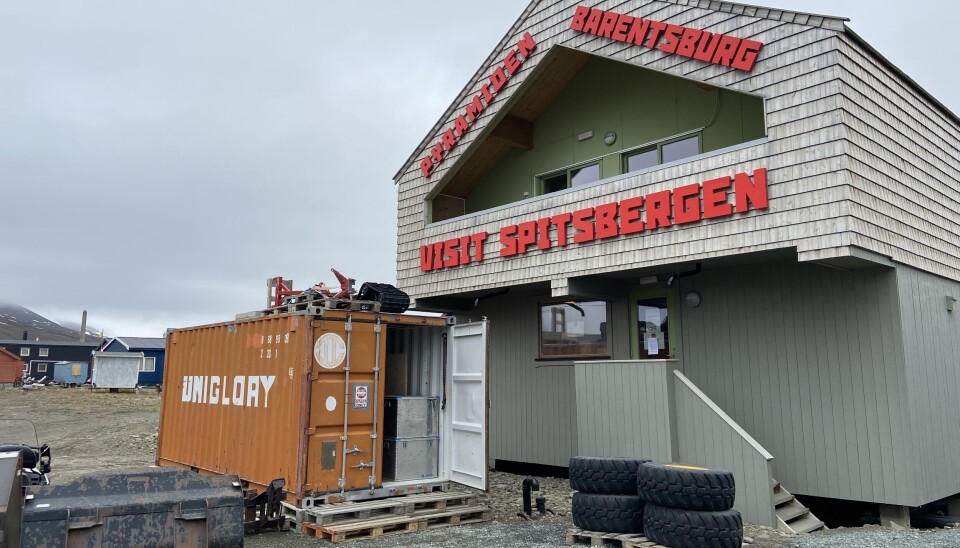
Akva-Lat was established in January 2023, not quite a year after Russia's full-scale invasion of Ukraine, and amid tightening EU sanctions that Norway for the most has also adopted. The company's description of itself claims it can provide a wide-range of technical equipment and serve as an intermediary.
No connections to Russia or Barentsburg are mentioned in the Norwegian business register.
"Yes, I'm in Longyearbyen periodically," Aleksejs Gorohovs confirms in the phone conversation with the Barents Observer.
The ambulance sold via Finland and Estonia was eventually taken by Akva-Lat to Tromsø, from where it was shipped to Barentsburg.
Norway’s newly established Agency for Export Control and Sanctions writes in an email that sanctions on cars do not apply from mainland Norway to Russians on Svalbard as long as the cars will be used on Svalbard.
"We are saddened to hear the vehicles are being sold by EU citizens acting as intermediaries to third parties in Russia," says Toni Immanen with the Finnish charity. He want as many second-hand ambulances as possible to be sent to help Ukraine.
On Svalbard, Moscow's employees were happily welcoming the new ambulance for the few kilometres of tundra roads available:
"A new ambulance has been purchased," Arktikugol proudly announced on its VKontakte page in early August this year.
In Barentsburg, the vehicle was at first driving around with its original Finnish license plates in violation of Norwegian vehicle regulations. The Governor of Svalbard says to the Barents Observer that the Russian company was notified of this. Arktikugol then replaced the original Finnish plates with the characteristic Svalbard license plates, which are black with yellow letters, in accordance with Norwegian law.
Arktikugol has not replied to questions from the Barents Observer about vehicles imported to Barentsburg.
Earlier this week, we reported about the new "police" car in town which Arktikugol is no longer allowed to drive because it carried Russian license plates when it arrived after being shipped from Murmansk.
Meanwhile, Akva-Lat continues to serve as intermediary for supplies to Arktikugol.
A search in the Russian Government's online tender database in Moscow shows that Akva-Lat recently was supposed to be paid €120,000 from Arktikugol for three Toyota Hilux 4WD. Also these vehicles were intended to be shipped from Tromsø in northern Norway to Barentsburg, according to the invoice signed by Akva-Lat's manager.
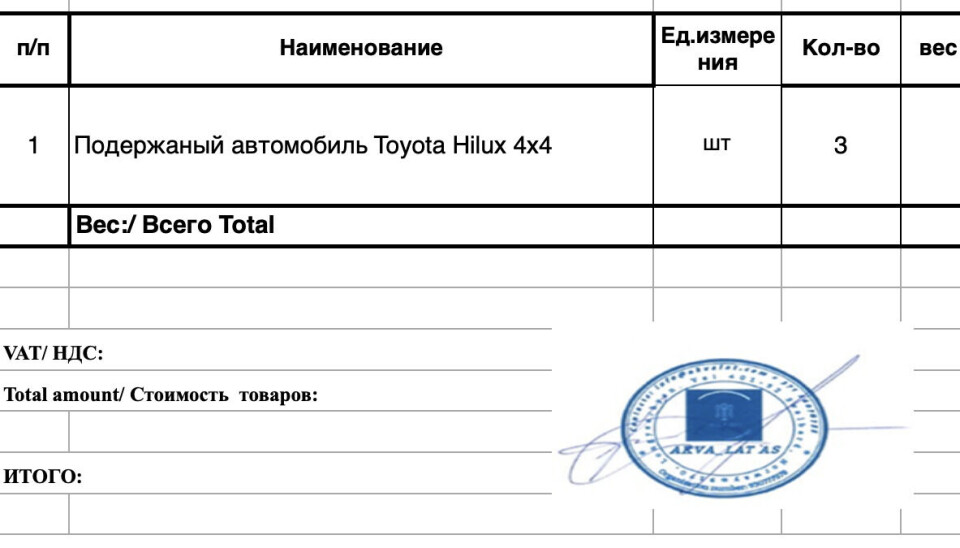
"The deal was cancelled," Aleksejs Gorohovs says.
Why?
"I don't know. I have no information for you."
Akva-Lat, trading in the grey-zone for the Russian state at Svalbard, will likely have trouble finding more ambulances from the Nordic-Baltic market.
P-Trucks in the south Estonian city of Pärno currently has nine second-hand ambulances up for sale.
"We are looking for charity organisations that would be able to pay for the cars so that they can reach those in need in Ukraine," says manager Raimond Pärn to the Barents Observer.
Since 2022, P-Trucks has sent more than 100 vehicles and other sort of equipments to Ukraine as donations from the Estonian people. For this, the manager has been awarded the Order of Honor of Ukraine by the Dzerilo Foundation of the Kharkiv Region.
Read more

